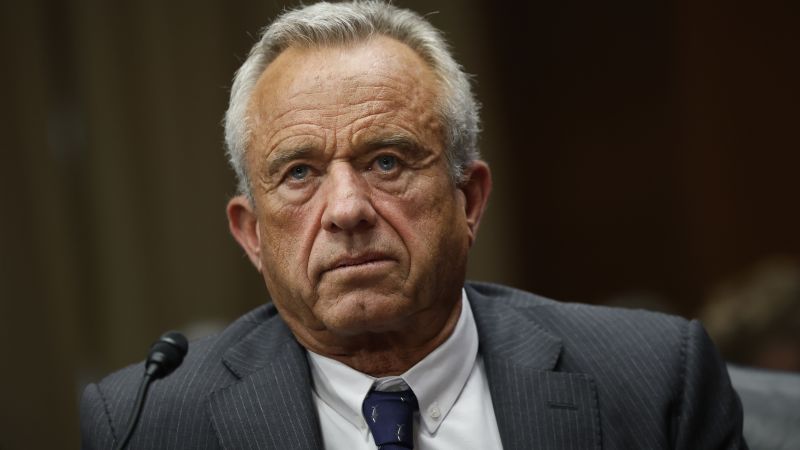
Bonds Beyond Belief: How Friendship Reshaped the Reformation's Political Landscape
Martin Luther and Thomas Cranmer: Kindred Spirits of the Reformation
The Protestant Reformation was a complex tapestry of theological innovation and religious transformation, with two remarkable figures standing out: Martin Luther and Thomas Cranmer. Though separated by geography and circumstance, these pioneering reformers shared a profound connection that would reshape Christianity in Europe.
Luther, the fiery German monk from Wittenberg, and Cranmer, the influential Archbishop of Canterbury in England, were united by a revolutionary vision of Christian faith. Both challenged the dominant Catholic Church's practices, advocating for fundamental theological reforms that would ultimately break the medieval religious paradigm.
Their shared principles centered on critical theological concepts: justification by faith, the primacy of Scripture, and the rejection of many Catholic ecclesiastical traditions. Luther's bold 95 Theses, which sparked the Reformation, directly influenced Cranmer's own reformist thinking. While Luther focused on continental Europe, Cranmer implemented similar reformist ideas within the English church.
Cranmer's liturgical reforms, particularly the Book of Common Prayer, bore clear marks of Lutheran theological influence. He translated and adapted many Lutheran worship practices, creating a distinctly Anglican approach that nonetheless remained deeply indebted to Luther's groundbreaking work.
Their connection transcended mere theological similarity; it represented a profound intellectual and spiritual partnership that would fundamentally alter the landscape of Western Christianity. Together, they championed a vision of faith that emphasized personal relationship with God, scriptural understanding, and spiritual authenticity.
Though they never met personally, Luther and Cranmer were spiritual compatriots, united in their mission to reform and renew the Christian faith. Their legacy continues to resonate in Anglican and Lutheran churches worldwide, a testament to their transformative vision.










